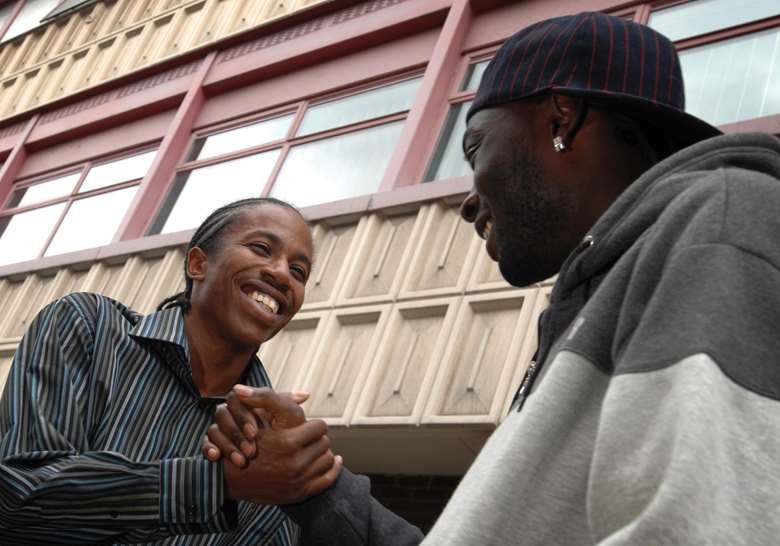Skills for the Job: Establish a mentoring programme
Junior Smart
Monday, September 1, 2014
Mentors can play an important supportive part in the lives of children and young people who lack positive role models to look up to.

What issues that children and young people face can mentoring help tackle?
Mentoring can really help young people who have a lack of consistency in their relationships. Many young people lack stability and a consistent positive presence in their life because their parents, foster carers, social workers or residential unit staff come and go. Mentoring can help address a number of problems that young people face, including:
- Offending and antisocial behaviour
- Truanting from school
- Problems with family relationships
- Support with engaging in education
- Support with looking for jobs and training
- Emotional problems - such as low confidence and self esteem, or a lack of positive role models
How does it help?
Vulnerable children and young people - especially those who have come into contact with the criminal justice system - can be reluctant to engage with statutory services and anything perceived as "authority". Mentors can offer an autonomous, trusted, independent source of support by encouraging the young person to open up and engage more fully. Furthermore, the support can be tailored as a good mentor will be led by the mentee over what areas of support they require. The mentor becomes a single, trusted point of contact bringing together multiple services on behalf of the young person and supporting them to make the best use of them.
What makes a good mentor and how do you recruit them?
People who make good mentors generally have first-hand experience of the issues facing the person they are mentoring - known as peer support. They also need to be a good listener, empathetic but also possess a degree of credibility to challenge and question on occasion.
If someone is suitable, the appropriate safeguarding checks must be carried out and appropriate training provided.
St Giles Trust provides ex-offenders with professional training in order to deliver its services and recruits through the Peer Advisor Programme. The programme offers a structured package of training and volunteering opportunities to help people with convictions to gain employment and provide support for other young people looking to rehabilitate.
What kind of training should be provided?
This depends on who the mentor will be working with. St Giles Trust's Peer Advisor Programme trains people to Level 3 in advice and guidance. This is a high-level qualification and ensures mentors possess the right skills for what can be tough work – dealing with difficult issues faced by young offenders leaving custody such as homelessness and advice on education and training. The course covers areas such as housing, benefits, substance misuse, managing debts, safeguarding and hidden disabilities. Alongside this, workshops and training on specific areas such as changes to the benefit system, legislation and a range of other issues are provided.
What ongoing support is necessary?
New mentors need to initially be supported by a more experienced member of staff through on-the-job shadowing, alongside regular supervision sessions and feedback. Supervision and feedback should continue as they gain more experience and skills. St Giles Trust provides a free, confidential counselling service available to all mentors, to provide support on any issue that might be affecting them in their work or personal life. Mentors can also benefit from the support of our peers through a peer user group.
TOP TIPS
- Remember that mentoring is about challenge as well as support
- Ensure professional boundaries are set at the beginning of the relationship
- Work collaboratively with other services so the mentee can use them if necessary
- Encourage mentors to follow up on any promises they make to their mentee
Junior Smart is founder of the SOS Project, St Giles Trust




